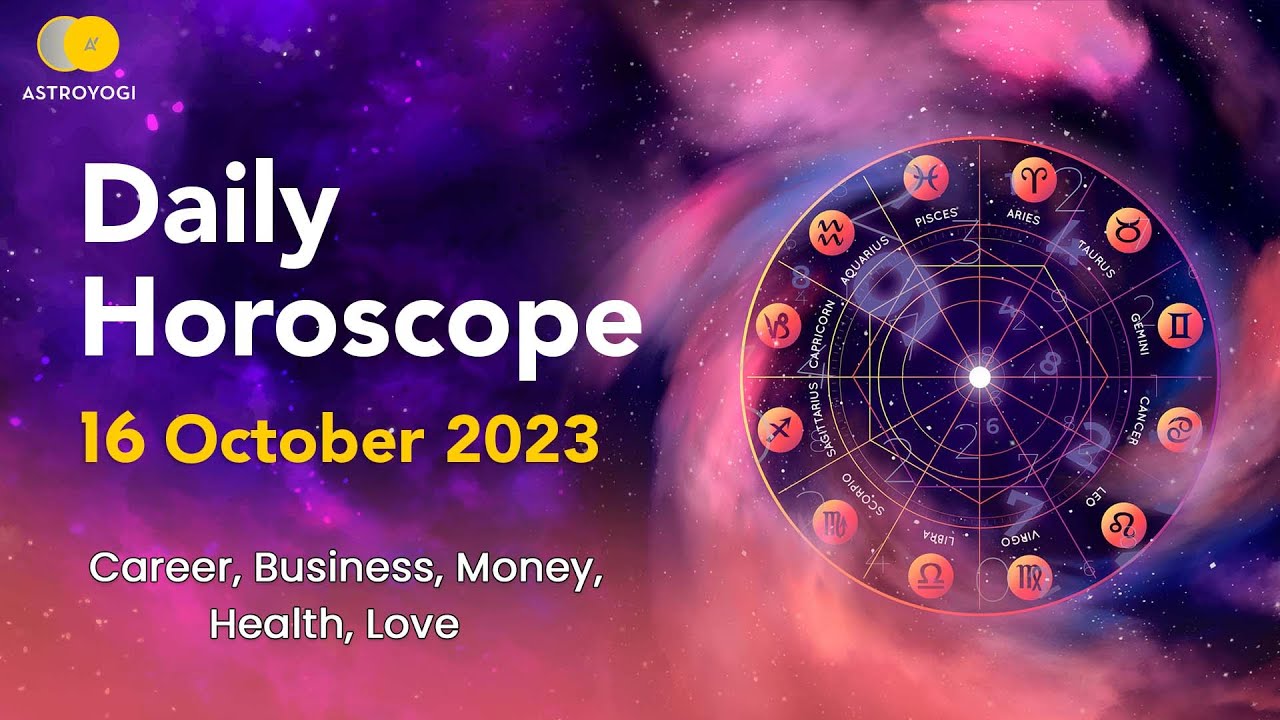Astrology, the ancient practice that endeavors to decipher the cosmic Natal Chart reading influence of celestial bodies on human affairs, continues to captivate minds across cultures and generations. Rooted in the belief that the positions and movements of planets and stars hold profound significance for individuals and the world at large, astrology has persisted for millennia, evolving through cultures and civilizations.
At its core, astrology is a complex system that attempts to interpret the correlation between celestial phenomena and human experiences. It divides the sky into twelve segments, known as zodiac signs, each associated with specific personality traits, behaviors, and events. A person’s astrological profile is often determined by the placement of the sun, moon, and planets at the time of their birth, creating a natal or birth chart unique to each individual.
Advocates of astrology argue that it provides insight into personality traits, relationship dynamics, and even future events. The alignment of celestial bodies during significant life moments, such as marriages, career changes, or personal crises, is believed to offer guidance and predictions.
However, astrology’s validity and scientific basis have been fiercely debated. Critics dismiss it as a pseudoscience, asserting that its claims lack empirical evidence and defy the principles of physics and astronomy. They argue that the gravitational and electromagnetic forces exerted by distant planets and stars are too minuscule to affect human behavior or events on Earth significantly.


